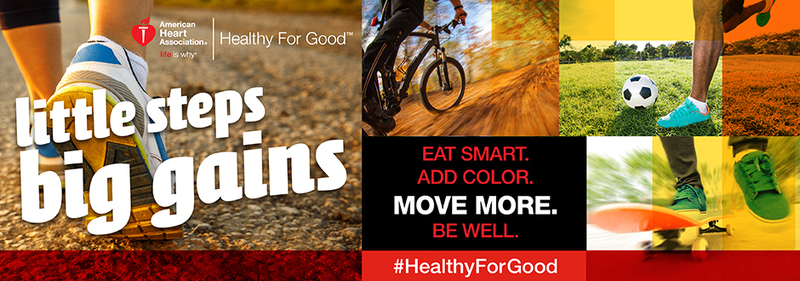
Stress Less with Mindful Movement
You may notice you feel better after you exercise. Most people experience increased energy and an improvement in overall well-being as physical activity becomes routine. Studies have shown that regular physical activity can help relieve depression and may even lower your risk of developing it.
If you are not the active type, are older or have physical limitations, you can still add healthy movement to your life.
For example, the National Institutes of Health (NIH) describes yoga, tai chi and qi gong as centuries-old, mind-body practices. They involve specific postures and movements combined with mental focus, breathing techniques, and meditation or relaxation. Even walking can be done mindfully as a form of meditation.
Some research studies have suggested that practicing these mindful movement activities may help:
- manage stress, depression and insomnia
- lower blood pressure
- improve balance and stability
- relieve chronic pain
- improve quality of life and mood in people with heart disease, cancer and other chronic illnesses
- motivate you to exercise more and eat healthier
A recent study concluded that yoga may improve heart health, including body mass index (BMI), blood pressure, cholesterol and heart rate. More research is needed.
But it’s clear that yoga is becoming more popular. In the last 10 years the number of Americans practicing yoga has nearly doubled. It’s now practiced by more than 21 million adults and more than 1.5 million children.
Yoga and other mindful practices can be gentle and may be done by just about anyone, anywhere, with no special equipment needed.*
Look for classes in your community or instructional videos, books and websites.
Whatever way you choose to get active, your heart will benefit. And you may find yourself feeling happier and more relaxed, too.
*There is a wide variety of yoga styles; not all are gentle. The NIH recommends that people with high blood pressure and women who are pregnant should modify or avoid some yoga poses. Talk with your healthcare provider and a qualified instructor if you have concerns.

As entrepreneurs, we are faced with certain additional stresses that are unique to the small business/entrepreneur world. Everyone talks about the rewarding feeling when your venture is doing well, but the struggles along the way are rarely discussed. With the additional pressures of starting up a business and making it successful every day, those stress points can start to bleed into daily decisions and possibly impact how you handle your business.
A recent article on Entrepreneur.com highlights how stress and mental health play a role in the success of small businesses and how to address. Entrepreneurship is often lonely on the journey to success, as few around us are experiencing the same highs and lows of getting a business up and running. Keeping an eye on mental health is important for you and could even be detrimental to the success of your company.
Some key ways to stay on top of your mental health as an entrepreneur:
- Divide Your Workload – Create priorities for yourself and label your work so that you can create some predictability in your workload and manage deadlines.
- Factor in the Physical – Adding in a favorite workout or activity during your day can clear your mind and release stress and give you an immediate sense of satisfaction in seeing a result that you sometimes can’t get when working on a project. Plus, getting outside and away from the computer allows you to step away from the small screen and look at the bigger picture.
- Build a Support Group – Find other small business owners and entrepreneurs to share challenges and successes.
- Focus on the positives – Journal or meditate on even the small wins along the way to help stay positive on your journey.
The journey to entrepreneurship can exhaust you physically and mentally - be sure you recognize the signs so you can be better equipped to manage the road ahead.
Sources:
